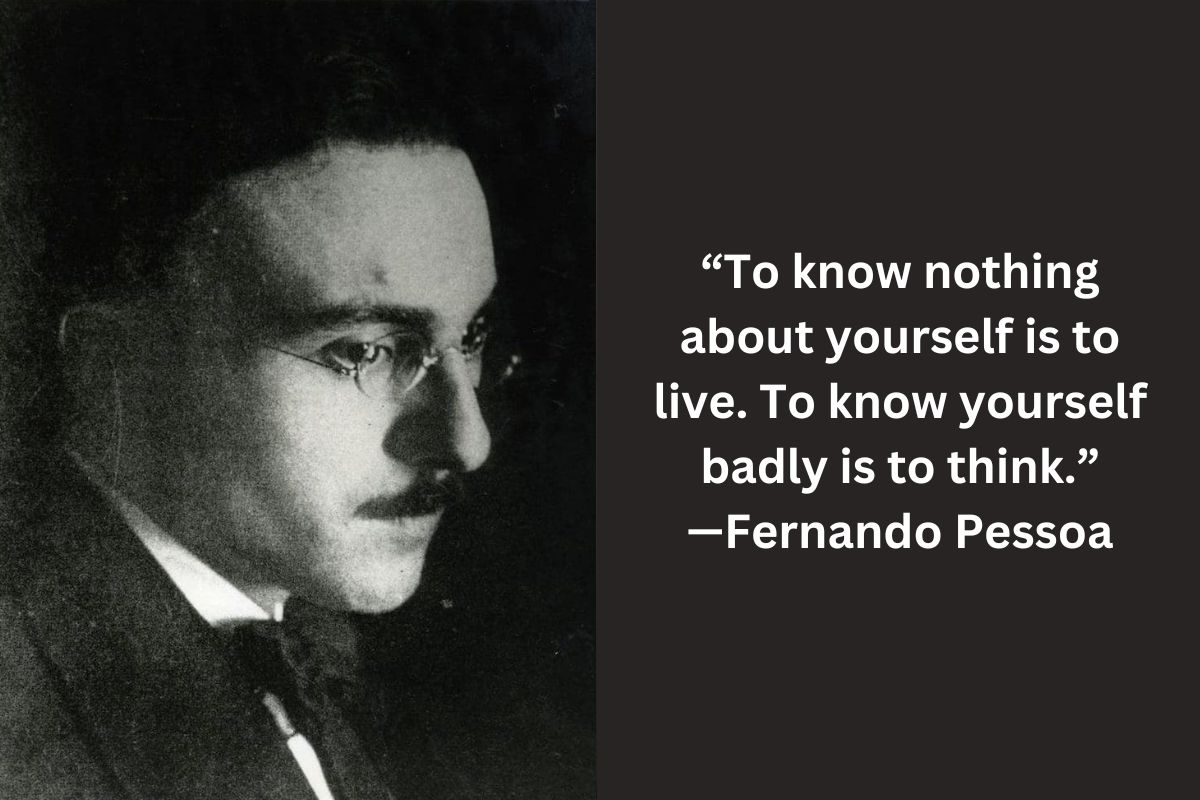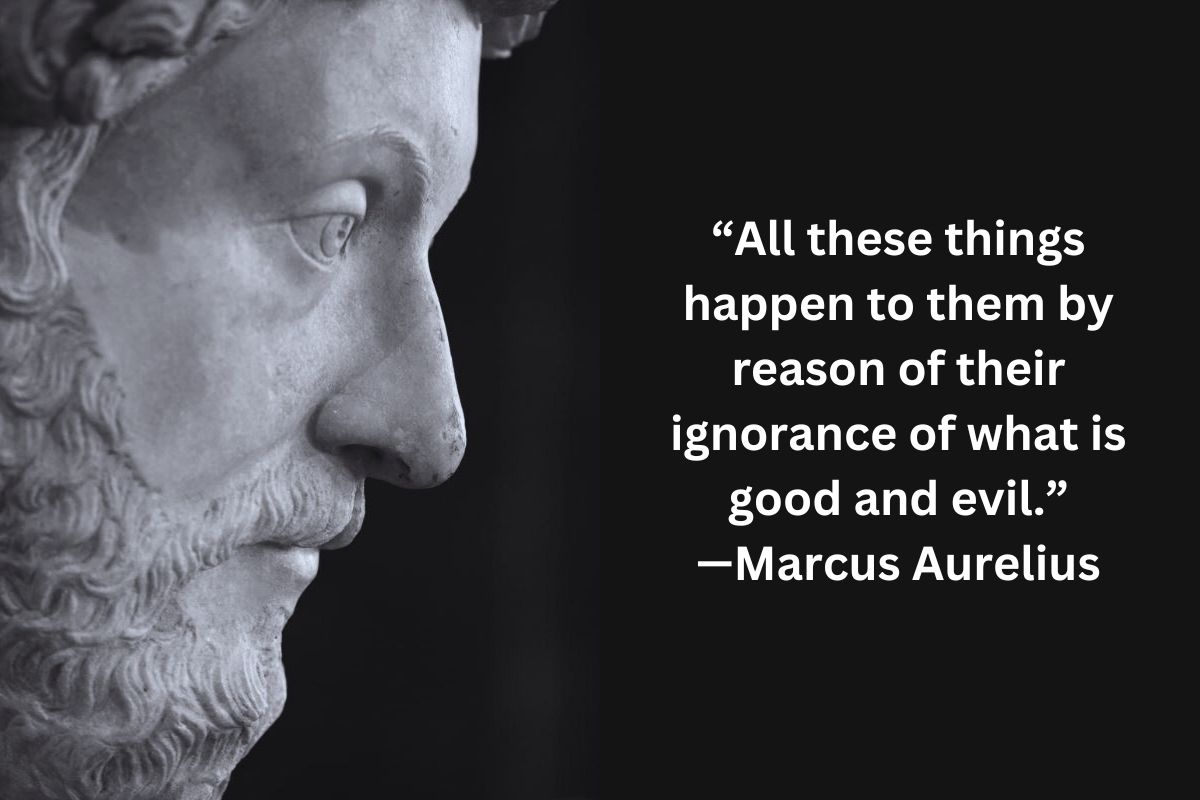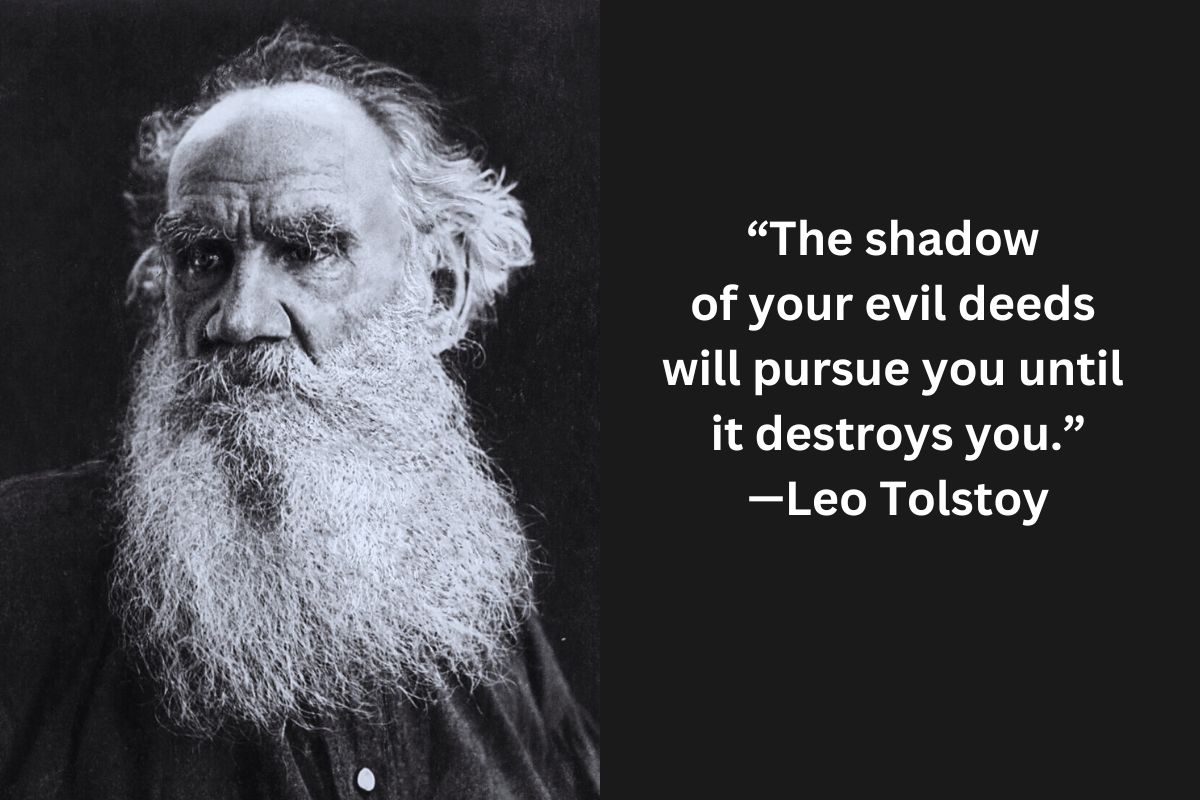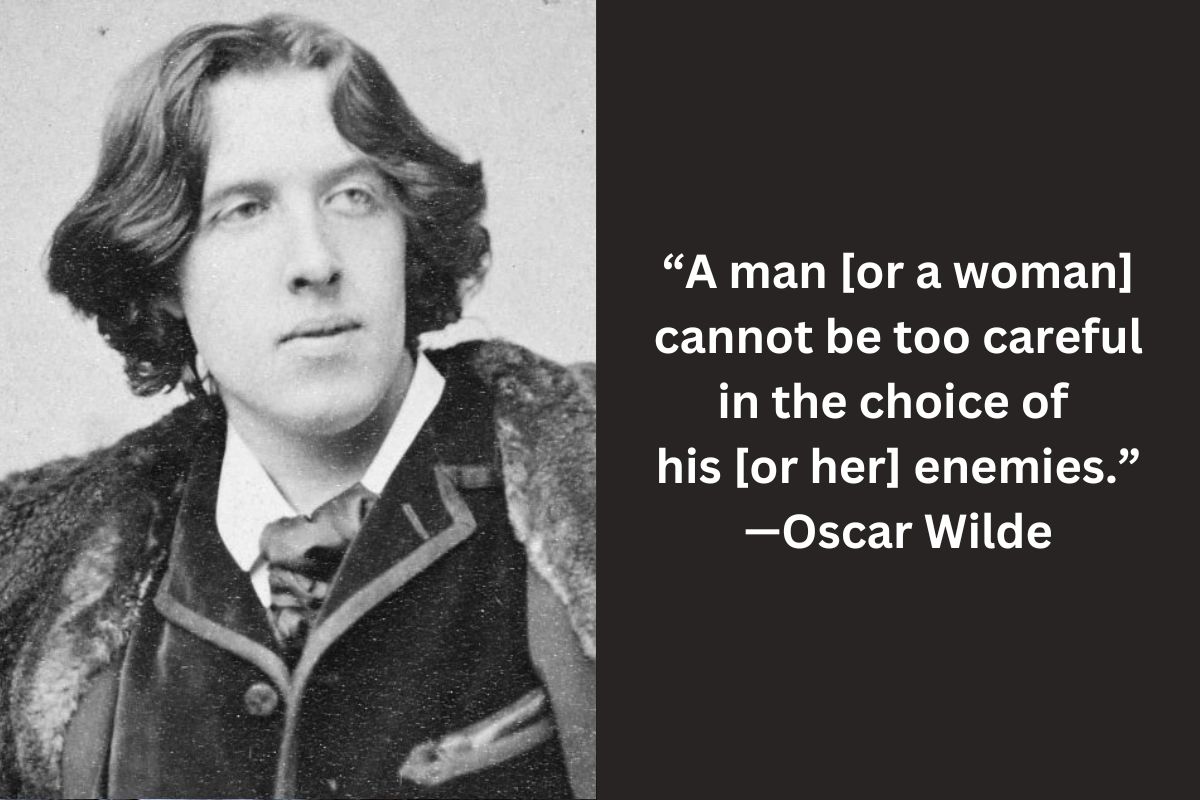 “Men seek retreats for themselves, houses in the country, sea-shores, and mountains,” Marcus Aurelius wrote in his Meditations. “But this is altogether a mark of the most common sort of men, for it is in thy power whenever thou shalt choose to retire into thyself.”
“Men seek retreats for themselves, houses in the country, sea-shores, and mountains,” Marcus Aurelius wrote in his Meditations. “But this is altogether a mark of the most common sort of men, for it is in thy power whenever thou shalt choose to retire into thyself.”
Two millennia later, Fernando Pessoa (June 13, 1888–November 30, 1935) echoes the same sentiment in The Book of Disquiet, “A man of true wisdom, with nothing but his senses and a soul that’s never sad, can enjoy the entire spectacle of the world from a chair, without knowing how to read and without talking to anyone.”
For Fernando Pessoa, the inner world was the pinnacle of felt experience, for he compared himself to a scrupulous scholar of feeling hunched over the book of sensations, taking refuge there and exploring them like unknown countries.

And even though he struggled with questions about religion, the meaning of life, and nature of reality, he had moments of clarity when all his doubts cleared away, cutting through the fog of uncertainty and disquiet.
Immersed in deep reflections, he could see that everything has an inner essence that is not different from our own. This is how he described it in one of his notes:
I love the stillness of early summer evenings downtown, and especially the stillness made more still by contrast, on the streets that seethe with activity by day. Rua do Arsenal, Rua da Alfandega … the entire stretch along the quiet docks all of this comforts me with sadness when on these evenings I enter the solitude of their ensemble.
[…]
There is no difference between me and these streets, save they being streets and I a soul, which perhaps is irrelevant when we consider the essence of things. There is an equal, abstract destiny for men and for things; both have an equally indifferent designation in the algebra of the world’s mystery.

Looking deeper, he inevitably uncovers the false nature of his mind-made self that always seeks something from the outside to fill the void of discontent and insecurity:
All that I’ve done, thought or been is a series of submissions, either to a false self that I assumed belonged to me because I expressed myself through it to the outside, or to a weight of circumstances that I supposed was the air I breathed. In this moment of seeing, I suddenly find myself isolated, an exile where I’d always thought I was a citizen. At the heart of my thoughts I wasn’t I.
Inspired by this insight, he observes how moments of clarity unburdened by egoic thoughts lead to feelings of inner liberation:
To know nothing about yourself is to live. To know yourself badly is to think. To know yourself in a flash, as I did in this moment, is to have a fleeting notion of the intimate monad, the soul’s magic word. But that sudden light scorches everything, consumes everything. It strips us naked even of ourselves.
[…]
To imagine, without being, is the throne. To desire, without wanting, is the crown. We have what we renounce, for we conserve it eternally intact in our dreams, by the light of the sun that isn’t, or of the moon that cannot be.
The Book of Disquiet in the phenomenal translation by Richard Zenith reads like meditation in prose. It’s a treasure chest of uncut gems of thoughts and dreams which can be arranged and rearranged in infinite combinations. Every time you’ll pick up the book from the shelf and read it, it will leave you with food for thought and deep reflection.

I’m a freelance writer with 6 years of experience in SEO blogging and article publishing. I currently run two websites: MindfulSpot.com and OurReadingLife.com. While you’re here, get the latest updates by subscribing to my newsletter.








